Philippa York: Rohan Dennis has what it takes to win a Grand Tour
With experience, the Australian could win a three-week race, says York
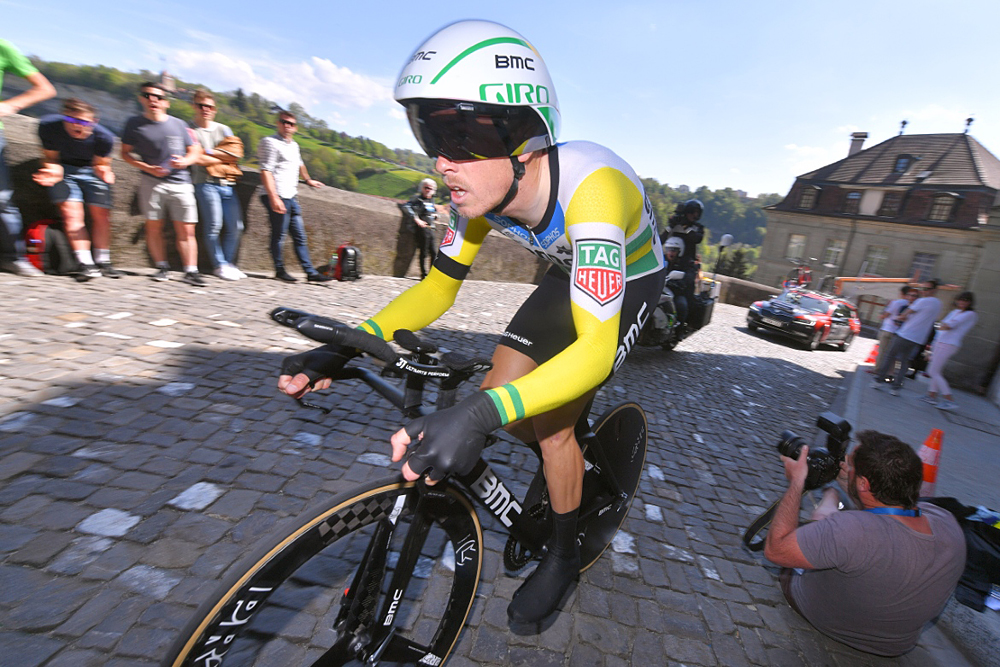
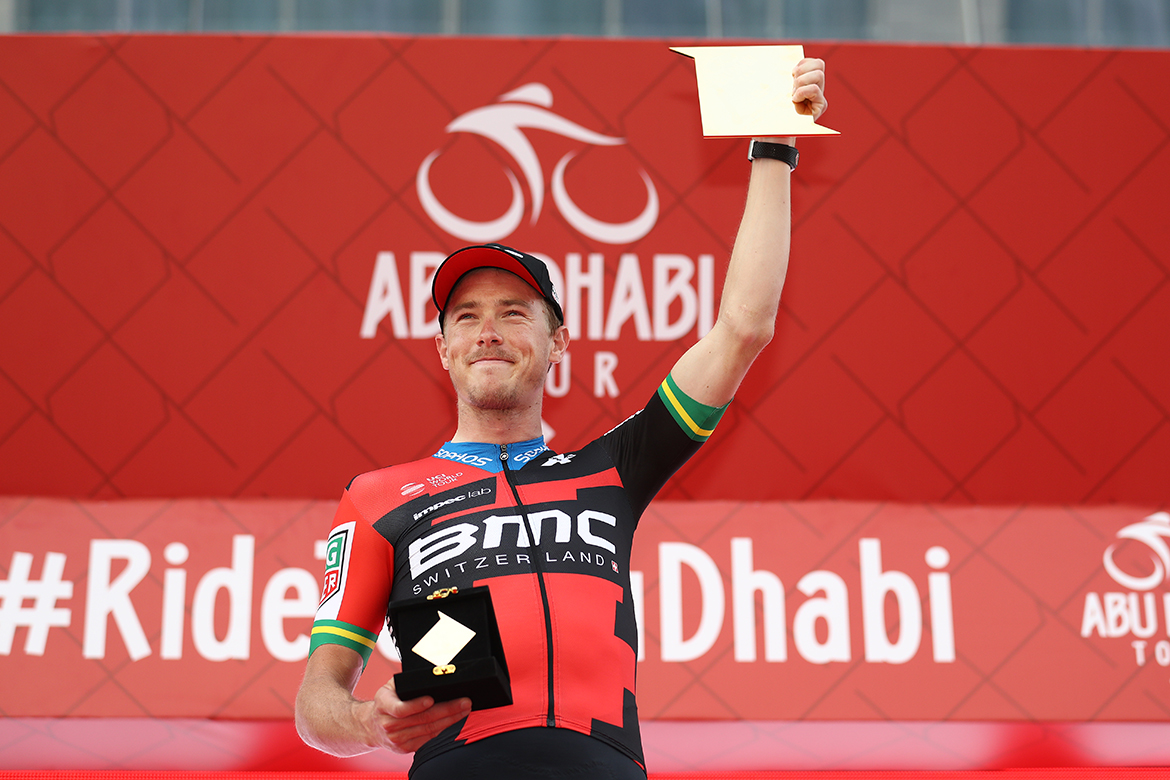
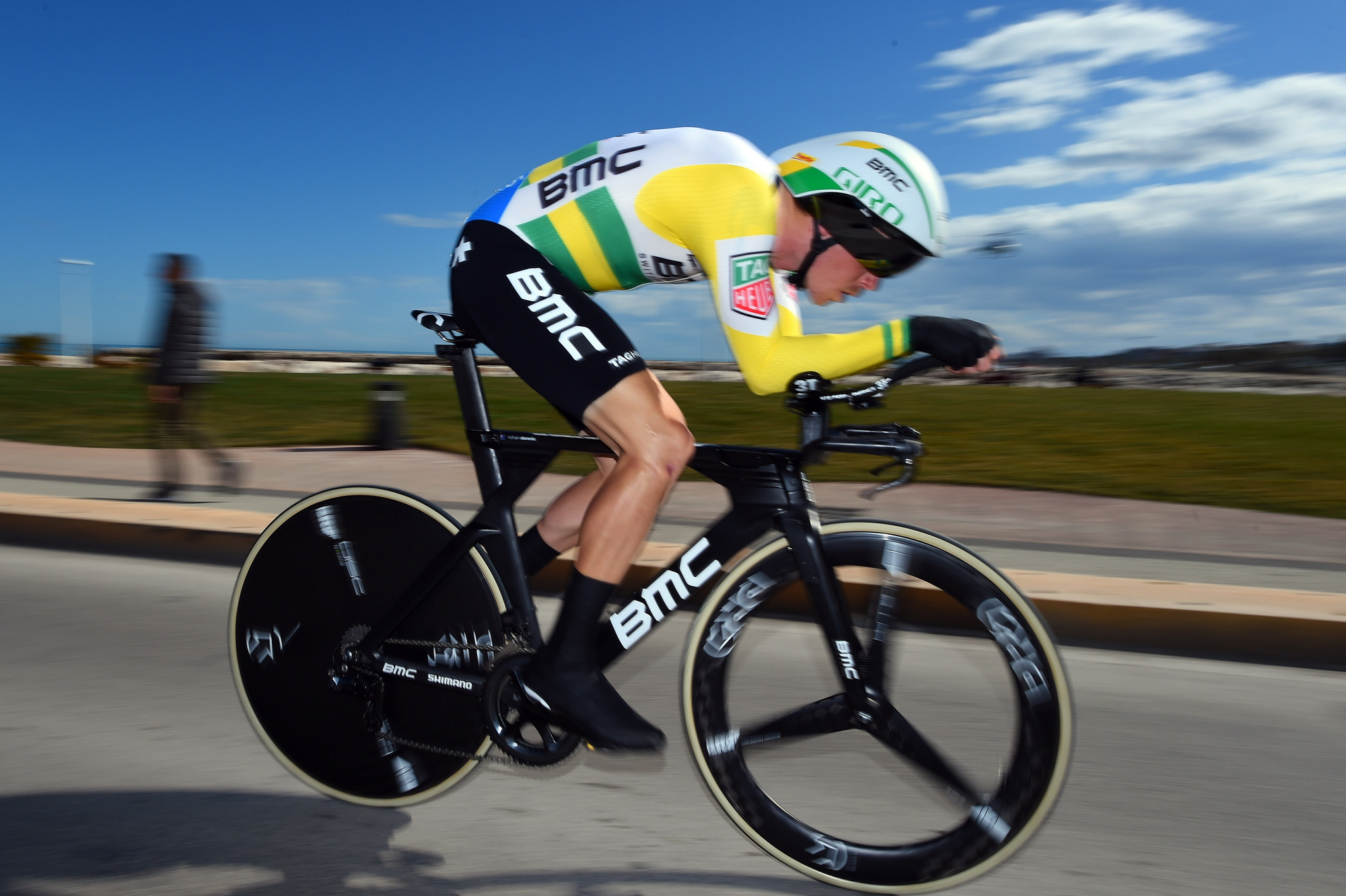
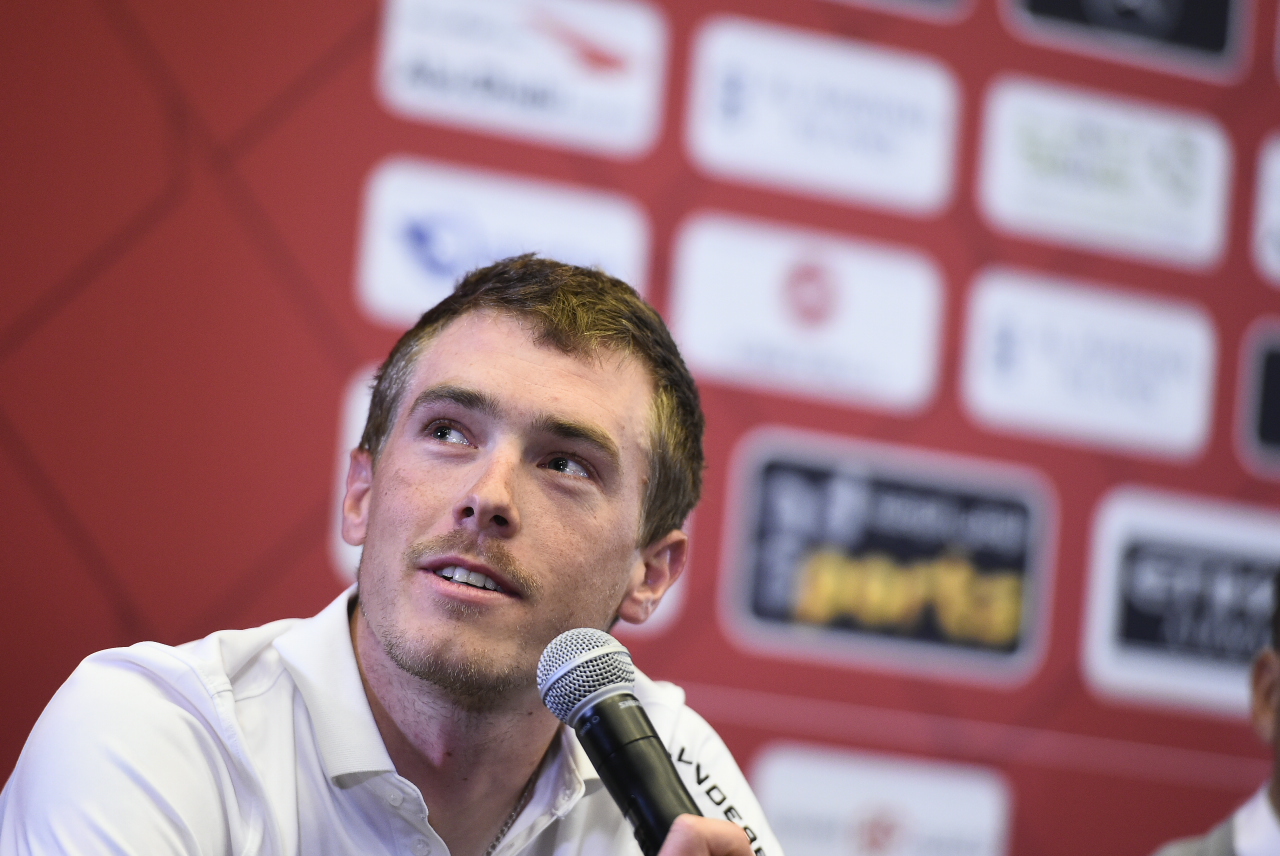
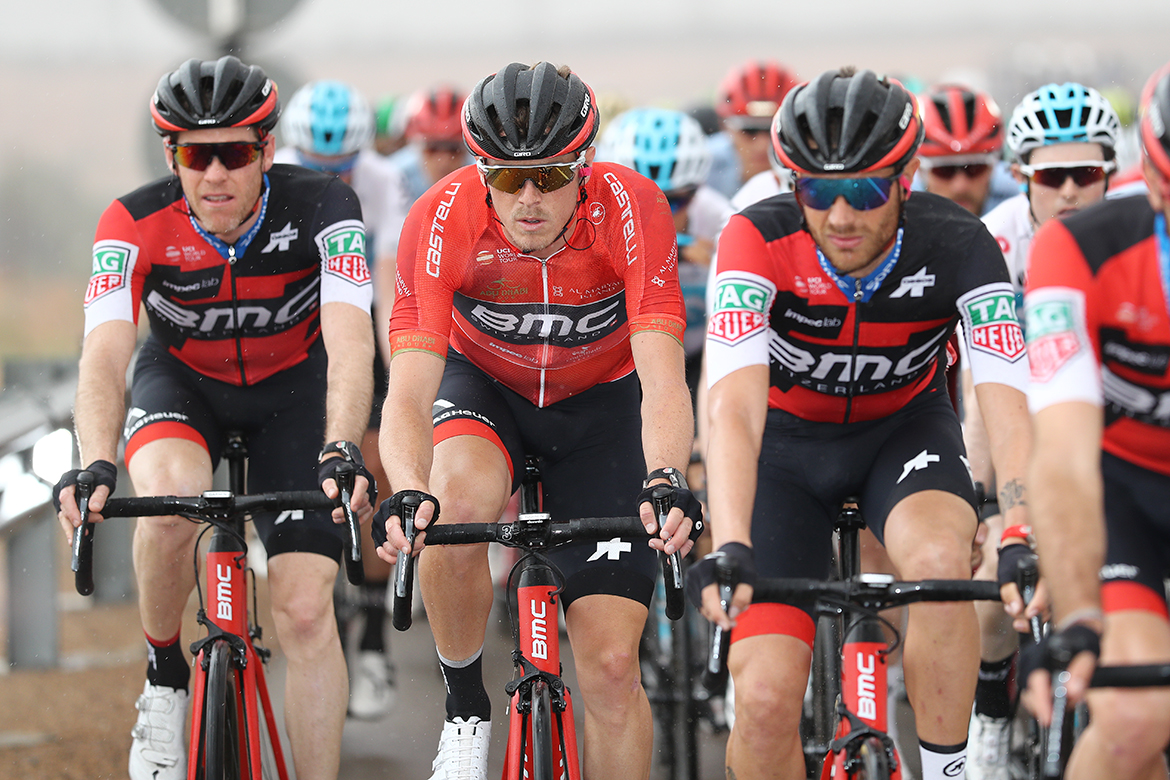
That Rohan Dennis is amongst the favourites for Friday's blast through the streets of Jerusalem to open the Giro d’Italia is no surprise. He's won both Tour de France and Vuelta a Espana opening stages, so being in the maglia rosa is not a proposition that will faze him if he wins.
However, the Australian comes into this year's Giro with far greater intent than to just win the opening time trial. Dennis' long-term ambitions are to see how far he can develop as a Grand Tour rider and, with the guidance of coach Neil Henderson, he has set about a four-year plan to do just that. The 2018 Giro d'Italia is the next phase of Dennis' journey.
So far, the man from Adelaide has been a prolific winner of individual and team time trial stages, but the conversion from competing against the clock to one in which he must mix it with the likes of Tom Dumoulin and Chris Froome over three weeks is a complicated affair.
It's taken a complete rethink of training, racing and even where he lives when in Europe. All aspects of what is needed to become a GC rider have been evaluated, processed and adapted to gradually produce the changes required, not only physically but also mentally.
Much like the example set by Bradley Wiggins that culminated in his Tour de France victory in 2012, it'll take time for those changes to become effective. But Dennis realises that his GC plan won’t provide an instant transformation. This is only year-one of what could well be a three or four-year adventure, and it really starts with the coming Giro d'Italia.
At the recent Tour de Romandie, he showed a certain amount of progress in his ability to deal with a major mountain stage. However, the level steps up again in Italy and it's there that we’ll see just how he can cope with repeated back-to-back climbing days.
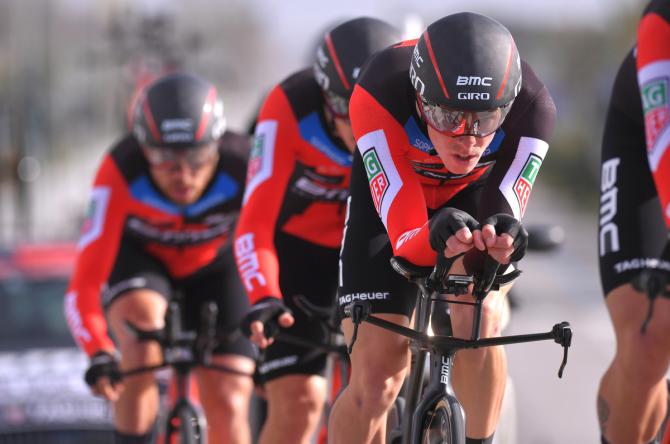
Photo: Tim de Waele/Getty Images Sport
Get The Leadout Newsletter
The latest race content, interviews, features, reviews and expert buying guides, direct to your inbox!
The first rendezvous for him and the BMC Racing team backing him is the third Sicilian day - stage 6 - with its Mount Etna finish. In itself, the climb is unlikely to see a big shake-up between the GC contenders, but it could be fatal to anyone who fails to adapt to the situation.
Stages 8 and 9 are where the big tests will happen for Dennis. Both stages are over 200km in length, both hold a mountain-top finish, and with a rest day to come, the racing will be brutal on those days. The Gran Sasso stage will be where we discover who has their climbing legs and who hasn't. In the Australian's favour, these climbs are not too steep, but they do come after five hours of riding and 10 days of stress.
The legendary Zoncolan finish on stage 14 will be the one that few riders will be looking forward to, and this will be a difficult stage for the BMC rider. At the end of the second week, this is territory that'll be a new experience for Dennis, who'll be finding out just where he is compared to the other GC guys. The next day to Sappada is going to be interesting in terms of recovery, and then it's the time trial. If he's tired coming out of such a heavy weekend, Dennis is going to have to decide just how he rides this.
Looking at the three big days that bring the last week and the race to its conclusion in Rome, there isn't one that's easier than the other. The GC will probably be decided on the Jafferau finish on stage 19, and this could well be the confirmation of just how well Dennis has adapted to stage racing at a Grand Tour level.
Or it could be a day of utter misery. Up until now, he's struggled with repeated changes in pace, and, on these final mountain stages, the climbers will be doing just that. The Giro d'Italia is a brave choice to mount your first Grand Tour challenge: it might be mentally less demanding than the Tour de France, but in terms of terrain the Giro is probably the most difficult when you look at just how much climbing there is. With this year's edition reducing the influence of the individual time trials and loading each weekend with mountains, Rohan Dennis is taking on a difficult task.
If he stays healthy, races smartly and doesn't try to always follow the front group on the big mountain stages, then a top-15 placing is entirely within his capabilities. If things go really well, maybe somewhere around 10th on GC could be possible. It would certainly be spectacular progression and provide some much-needed extra encouragement that, with planning and patience, Rohan Dennis the Grand Tour winner is a possibility.
At 27 years of age, Dennis is entering into his prime, but stage racing at Grand Tour level is as much about the mental as it is the physical side of things. It comes down to dealing with bad days, your own frustrations and having a solid team behind you.
Both patience and the ability to recognise when to use your assets are all part of the experience. Luckily, Dennis seems to have both.
Philippa York is a long-standing Cyclingnews contributor, providing expert racing analysis. As one of the early British racers to take the plunge and relocate to France with the famed ACBB club in the 1980's, she was the inspiration for a generation of racing cyclists – and cycling fans – from the UK.
The Glaswegian gained a contract with Peugeot in 1980, making her Tour de France debut in 1983 and taking a solo win in Bagnères-de-Luchon in the Pyrenees, the mountain range which would prove a happy hunting ground throughout her Tour career.
The following year's race would prove to be one of her finest seasons, becoming the first rider from the UK to win the polka dot jersey at the Tour, whilst also becoming Britain's highest-ever placed GC finisher with 4th spot.
She finished runner-up at the Vuelta a España in 1985 and 1986, to Pedro Delgado and Álvaro Pino respectively, and at the Giro d'Italia in 1987. Stage race victories include the Volta a Catalunya (1985), Tour of Britain (1989) and Critérium du Dauphiné Libéré (1990). York retired from professional cycling as reigning British champion following the collapse of Le Groupement in 1995.
